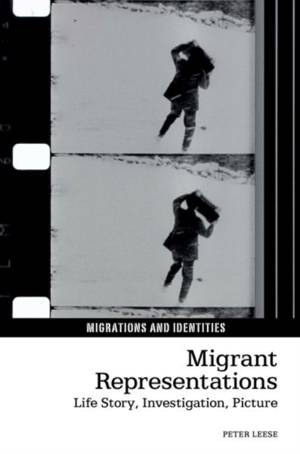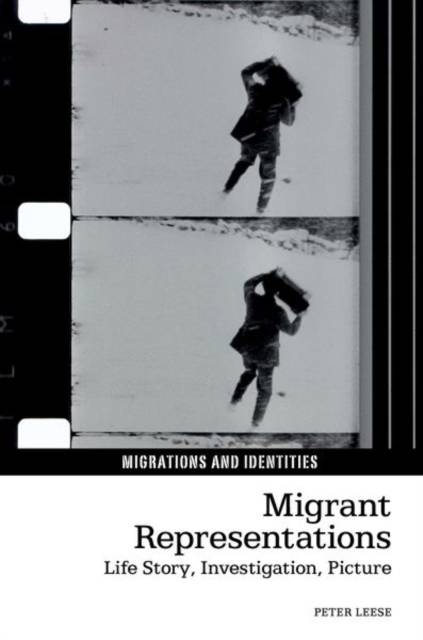
- Afhalen na 1 uur in een winkel met voorraad
- Gratis thuislevering in België vanaf € 30
- Ruim aanbod met 7 miljoen producten
- Afhalen na 1 uur in een winkel met voorraad
- Gratis thuislevering in België vanaf € 30
- Ruim aanbod met 7 miljoen producten
Omschrijving
Migrant Representations pairs twenty-four carefully selected histories in order to compare how migrants themselves - Irish labourer, Lithuanian refugee or Indian doctor - and their social investigators capture in words and images defining private and historical moments. These comparative case studies from the 1780s to the 2000s explore how migrants constructed their own narratives of mobility and settlement through procedures of reflecting, remembering and recording. Moreover, these studies examine how speech, writing, and picture were used, for instance, by a missionary, social scientist or activist to make 'outside' representations of the migrant. Such life-stories, social surveys, and pictures emerge as alternative archives. Leese's transnational, cultural history considers life-story forms and their uses; the tension between external surveillance and self-observation; the power of narratives to afford legibility and acknowledgement. Leese argues that, historically and in the present, first-person migrant stories and outsider investigations create a continuous charged exchange of views where both migrant and observer negotiate position, authority, authenticity, and potential advantage. Within the history of migrant representations this exchange generates a persistent, subversive strain of opposition and critique. Such self-observations, observations of others, and images never settle.
Specificaties
Betrokkenen
- Auteur(s):
- Uitgeverij:
Inhoud
- Aantal bladzijden:
- 304
- Taal:
- Engels
- Reeks:
- Reeksnummer:
- nr. 9
Eigenschappen
- Productcode (EAN):
- 9781802070156
- Verschijningsdatum:
- 15/01/2022
- Uitvoering:
- Hardcover
- Formaat:
- Genaaid
- Afmetingen:
- 156 mm x 234 mm
- Gewicht:
- 603 g

Alleen bij Standaard Boekhandel
Beoordelingen
We publiceren alleen reviews die voldoen aan de voorwaarden voor reviews. Bekijk onze voorwaarden voor reviews.











